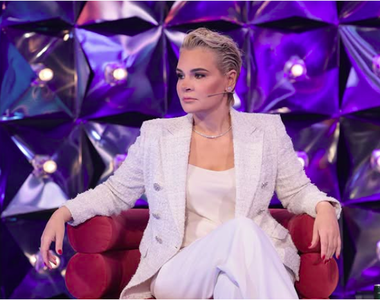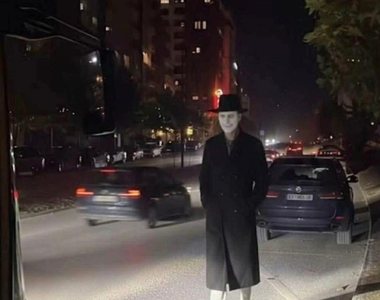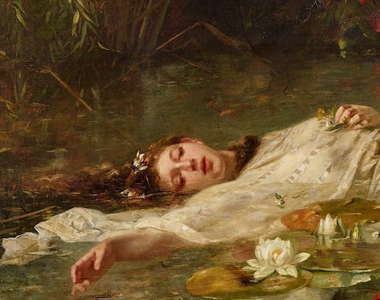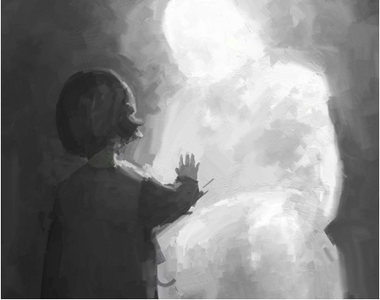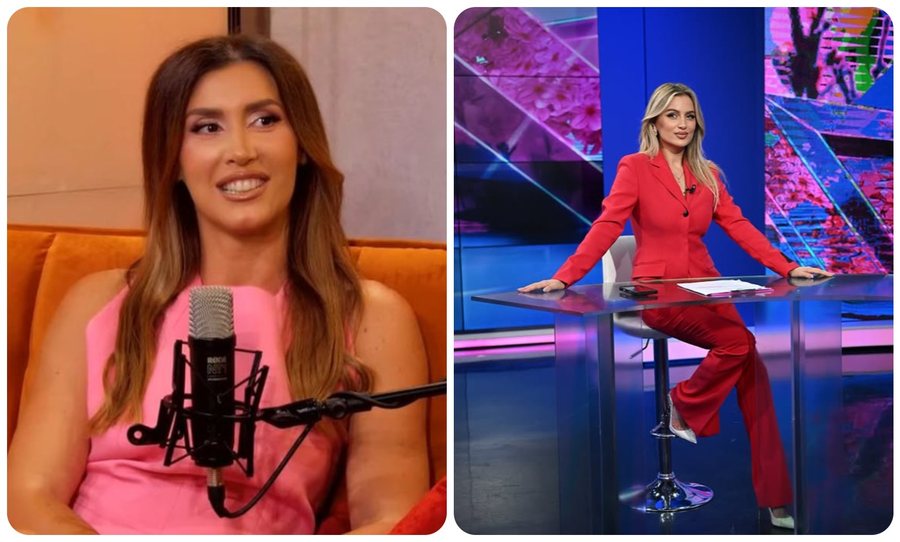
There are topics that spark debate, and there are topics that simply bring to mind certain standards that should not be forgotten, especially when talking about the public screen. A direct comment by Aulona Musta on “The Dalina Show” about the way Beniada Nishani speaks Albanian on an RTSH show became a point of discussion on the network.
Aulona said bluntly on "The Dalina Show":
"For me, the fact that Beniada hosts an afternoon show when he doesn't know how to speak Albanian properly, on public television..."
And Fatma Haxhialiu supported it:
"On Albanian public television, one of the main rules is to speak fluent, pure Albanian, because it is the television of all Albanians."
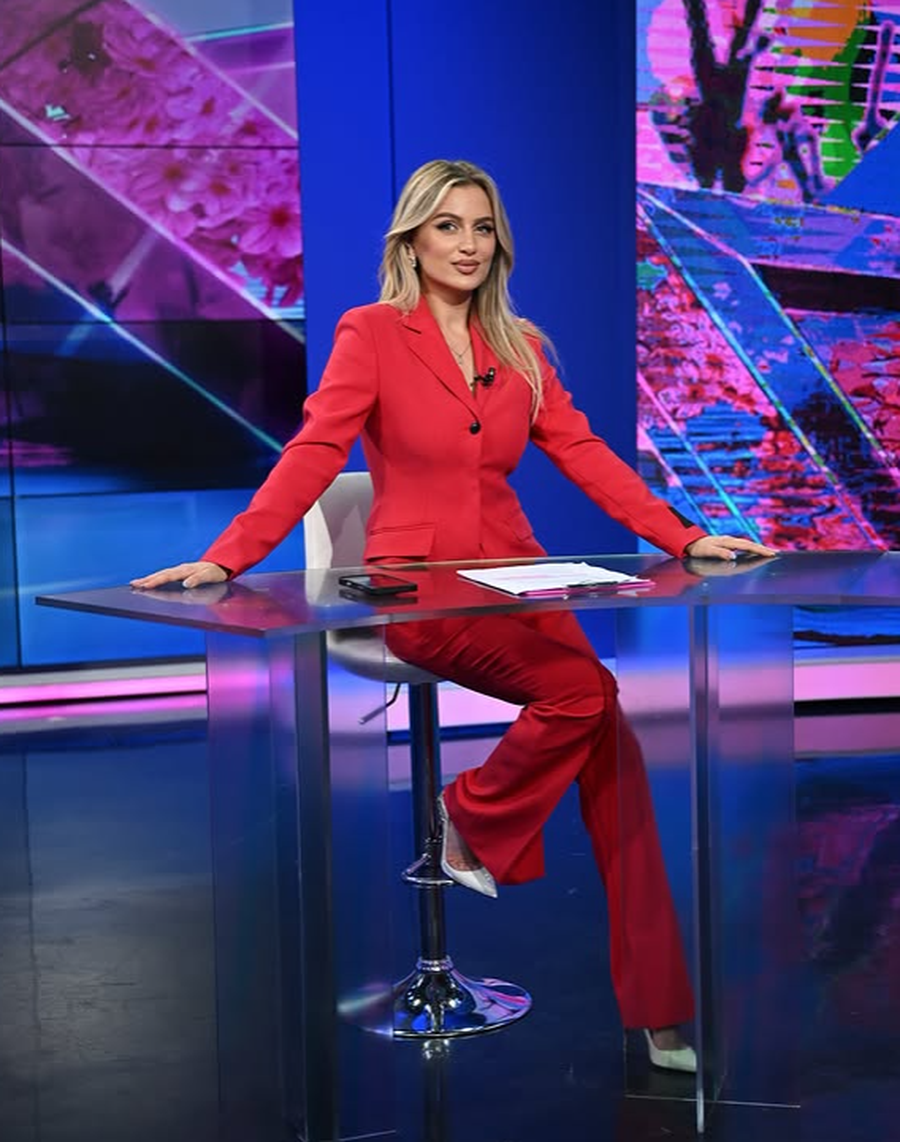
Were they right?
Shkurt: Yes. They clearly don't have any personal grudge against Beniada, but simply have it with the profession.
Beniada Nishani is undoubtedly a charming and original figure. She won the hearts of the audience on “Big Brother VIP Albania 1”, where the playful Albanian-speaking Italian-accented girl became one of the favorites. Sincere, positive, with a light-hearted humor - a profile that the camera loves (and it is not for nothing that Anabel dedicated an article to her character entitled “Beniada won her Big Brother”).
But Beniada as a character and Beniada as the moderator of "Afternoon Friends" on public television are two completely different things.
When you are a moderator at RTSH – a public institution funded by Albanian taxpayers – it is not enough to be charming. You have to speak accurate, fluent, standard Albanian. This is not at all a personal matter, but a professional standard that should be applied to anyone who appears on screen on behalf of a public institution.
To be realistic, Beniada's Albanian is not at the level that requires a moderation format in a national media. She makes constant mistakes in word formation, uses incorrect grammatical forms and often sounds like she is trying to translate her thoughts from Italian to Albanian in real time. It is not a shame. It is normal for someone who has lived almost her entire life in Italy. But it is also not an excuse to put herself in a role that requires perfect command of the language.
In the comments on Instagram, most followers considered the criticism fair, even necessary. "If you don't know Albanian, you're not fit to be a presenter on a national television," was the gist that ran through every comment.
What did Beniada herself say? In an ironic response on Instagram Story, she said:
“It's a very beautiful expression that says 'let the dogs bark and the caravan moves forward.'”
A phrase that was likely intended to convey confidence, but ended up reinforcing exactly what it was being criticized for: incorrect language. In a single sentence, there were two errors – “very beautiful expression” (instead of “very beautiful”) and “caravan” (instead of “caravan”).
If Beniada wants to move forward in her television career, it would be best if she did not see these remarks as attacks, but as signals to improve.
All of this, in everyday life, would go unnoticed. But when you're on a national screen – where you invite others, read news, present columns – these are no longer innocent mistakes. They are professional shortcomings.
If a surgeon can't hold a scalpel in his hand, we don't tell him "it's important to be positive." If an Albanian language teacher doesn't write well, we don't keep him in school because "he's nice to the students." The same goes for a moderator.
This debate has nothing to do with Beniada's character. It has nothing to do with envy, competition, or all those narratives we often attach to public criticism. It has to do with a profession where language is the main tool of the job, and with the fact that in a public media, we must be represented by people who use that language accurately.
No one is asking Beniada to change what makes her special. Her smile, sincerity, and originality are values. But if she wants to be a presenter in a public institution, then learning Albanian is not optional – it is a duty.
Because on the screens that we all fund, we have the right to demand that the language that unites us be spoken properly.
And perhaps most importantly: criticism is never bad when it comes from professionals with contributions to the media and over a decade of experience. Beniada would do well to listen to them, accept them, and reflect on them with prudence, without comparing us critics to "dogs" who can't stop her caravan .
Because if the caravan is public television, we are the ones pulling it.


